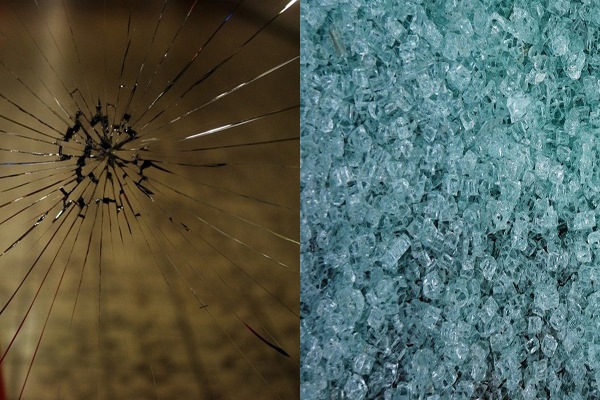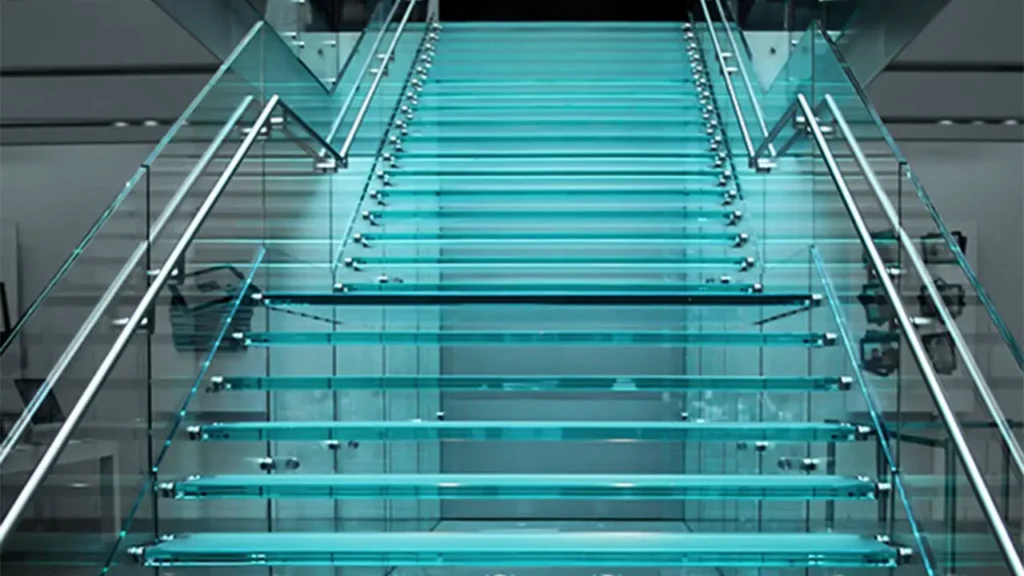Tempered glass is a type of safety glass that is processed through controlled thermal or chemical treatments to increase its strength. It is widely used in various industries due to its unique advantages and features. In this article, we will explore the enhanced strength and durability, increased safety and impact resistance, heat and thermal resistance, and the application versatility of tempered glass that tempered glass manufacturer propose for you.
Enhanced Strength and Durability
One of the key advantages of tempered glass is its enhanced strength and durability compared to regular glass. This is achieved through a process called thermal tempering, where the glass is heated to high temperatures and then rapidly cooled. This process creates internal stresses within the glass, which results in a much stronger and more durable material.
The increased strength of tempered glass makes it highly resistant to breakage, making it an ideal choice for applications where safety is a concern. For example, it is commonly used in the automotive industry for windshields, as well as in the construction industry for windows and doors. In these applications, the ability of tempered glass to withstand high impact forces is crucial for ensuring the safety of the occupants.
Increased Safety and Impact Resistance

Source: interglass.org
Tempered glass is known for its superior safety characteristics. When tempered glass does break, it shatters into small, rounded pieces rather than sharp, jagged shards like regular glass. This greatly reduces the risk of injury in case of breakage, making it the preferred choice for applications where human safety is a priority.
The impact resistance of tempered glass is also significantly higher than that of regular glass. It can withstand much higher forces without breaking, which is particularly important in areas prone to extreme weather conditions or high levels of activity. For instance, tempered glass is commonly used in the construction of skylights, where it needs to withstand heavy rain, hail, and even impacts from falling objects.
Heat and Thermal Resistance
Another notable feature of tempered glass is its exceptional heat and thermal resistance. The tempering process increases the glass’s ability to withstand high temperatures without cracking or breaking. This makes it suitable for use in applications where exposure to heat or rapid temperature changes is expected.
One of the most common applications of tempered glass in relation to its heat resistance is in kitchen appliances such as oven doors and cooktops. These appliances often generate high levels of heat, and the use of tempered glass ensures that the glass remains intact and safe to touch even under extreme temperatures.
Application Versatility of Tempered Glass

Source: theconstructor.org
The versatility of tempered glass is one of its defining features. It can be used in a wide range of applications across various industries due to its unique combination of strength, safety, and resistance to heat and impact.
In the architecture and construction industry, tempered glass is commonly used for windows, doors, and glass facades. Its strength and safety properties make it an excellent choice for applications where large glass panels are required, such as curtain walls or glass balustrades.
In the automotive industry, tempered glass is used for windshields, side windows, and rear windows. Its ability to withstand high impact forces and its safety characteristics make it the preferred choice for ensuring the safety of vehicle occupants.
In the electronics industry, tempered glass is used for the screens of smartphones, tablets, and other electronic devices. Its durability and scratch resistance ensure that the screens remain intact even with daily use.
In conclusion, tempered glass offers a range of advantages and features that make it a sought-after material in various industries. Its enhanced strength and durability, increased safety and impact resistance, heat and thermal resistance, and application versatility make it an ideal choice for a wide range of applications. Whether it’s for architectural purposes, automotive use, or electronic devices, tempered glass provides the strength, safety, and durability required for demanding environments.



